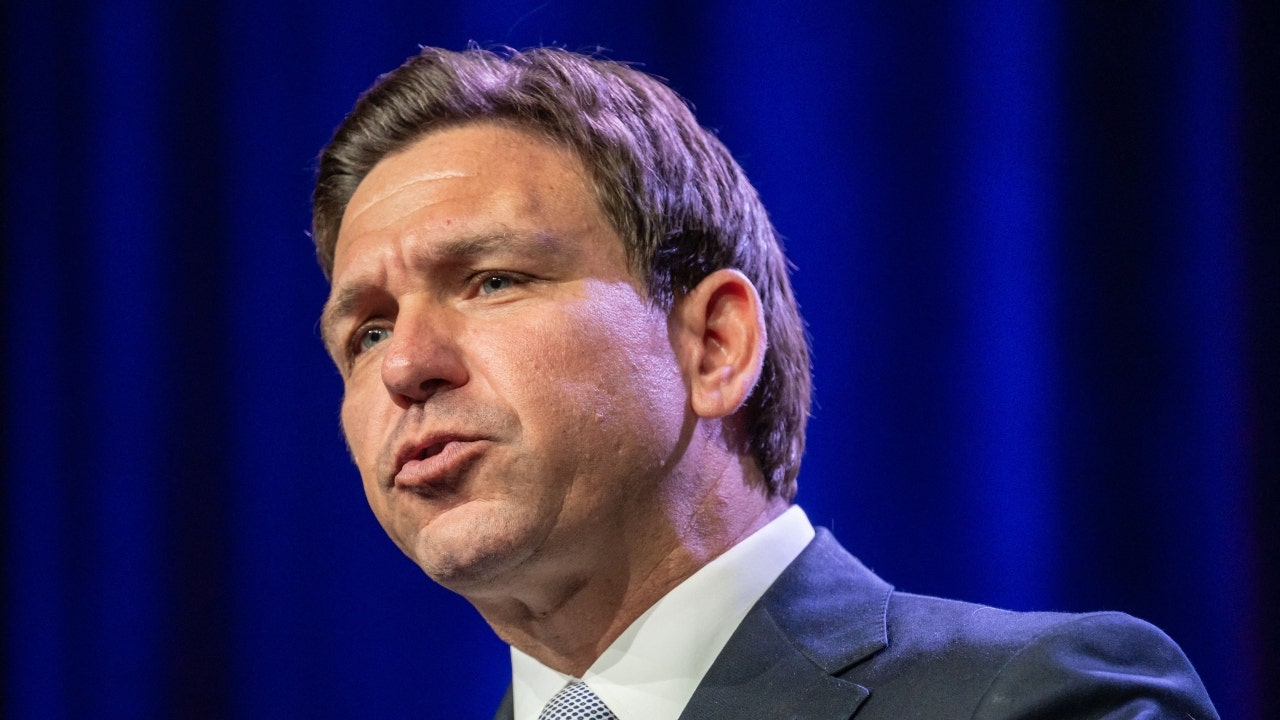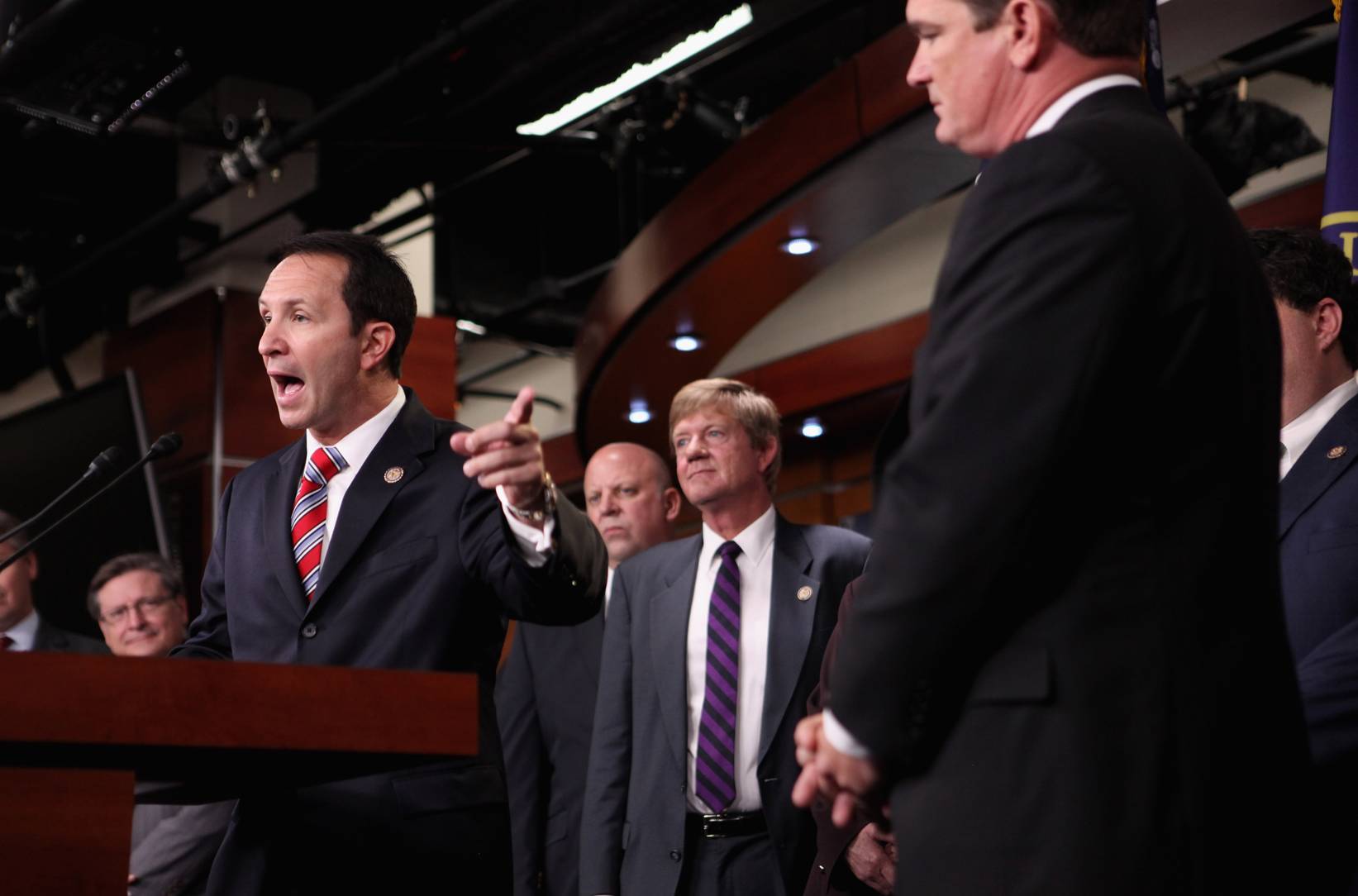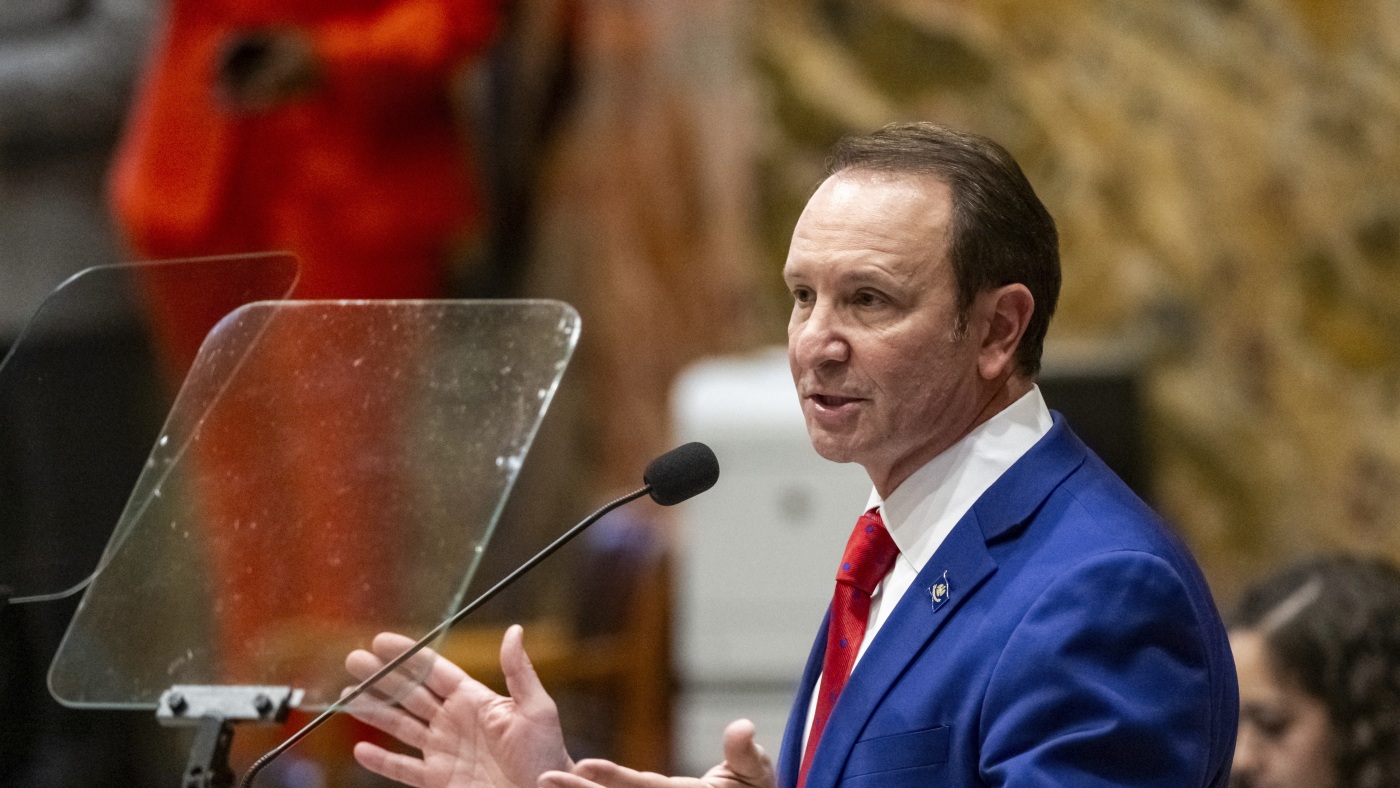Crypto
Troubled Nevada crypto trust expected to go into receivership

A Las Vegas-based retail trust company specializing in cryptocurrency is expected to be put in receivership after Nevada regulators determined it had a shortfall of nearly $83 million in customer funds.
On Monday, the Nevada Department of Business and Industry’s financial institutions division petitioned the Eighth Judicial District Court to put Prime Trust — a business-to-business-to-consumer company that dealt cryptocurrency and developed financial technology software for clients — into receivership to avoid worsening the possible insolvency.
“As Prime becomes unable to satisfy customer withdrawals, aside from the immediate harm to the customers who will lose their money with Prime, the public at large will be harmed in the form of harm to the public’s confidence in financial institutions, specifically including harm to the confidence in the emerging market of cryptocurrency,” the state said in its petition.
The move comes less than a week after the financial institutions division issued a cease-and-desist order to the company on June 21. At that time, the state alleged that the company had a shortfall of customer funds and wasn’t able to honor customer withdrawal requests.
Prime Trust, a Nevada LLC wholly owned by Prime Core Technologies, requested the receivership to take over the day-to-day operations of the company, according to the petition. The receivership will determine whether the company should be rehabilitated and returned to private management or liquidated, according to a Tuesday press release from the state.
Prime Trust did not respond to multiple requests for comment.
Prime’s total client liability is roughly $82.8 million in currency and $861,000 worth of cryptocurrency liabilities, according to the petition.
As a retail trust company, Prime Trust was licensed to hold and manage assets for customers. The company began operating in Nevada in January 2017 and added a digital wallet for cryptocurrency trusts in 2018. The company later contracted with digital asset security platform Fireblocks LLC to store the crypto assets in its custody and finished its migration to that platform in 2020, according to the petition.
In January 2021, Prime introduced legacy wallets to customers because of issues with creating new wallets on the Fireblocks platform, according to the petition. Officials at Prime — now under new management — believed that these legacy wallets were on or otherwise accessible through the Fireblocks platform. But by December, the company learned that legacy wallets and their crypto assets were inaccessible.
Between December 2021 and March 2022, Prime purchased additional digital cryptocurrency using money from its omnibus customer accounts to satisfy withdrawals from the inaccessible legacy wallets, according to the petition. The company hasn’t been able to access those wallets to date.
Prime reported a negative $12 million in stockholders’ equity in a March 31 report to the multistate licensing system. Recently, customers have begun to withdraw large sums of money from Prime Trust as news of its potential insolvency began to circulate, the regulators said.
After the cease-and-desist order was filed last week, the cryptocurrency custodian BitGo announced it would terminate its planned acquisition of Prime Trust.
Prime and state regulators agreed to a list of possible candidates for the receivership that consisted of John Guedry, former CEO of Bank of Nevada and First Independent Bank; Paul Huygens, director of Meadows Bank and prinicpal of Province; and Arvind Menon, the former president and CEO of Meadows Bank.
Andrew Woods, director of UNLV’s Center for Business and Economic Research, said these actions may signal how rising interest rates are affecting the economy. Large financial institutions with diverse portfolios can weather hardship more easily, he said, while specialized institutions may not.
“I think the theme here is that we’re no longer in an era of cheap and readily available credit,” Woods said. “These financial institutions that really specialize in certain areas are finding the environment is much tougher for them to live by.”
McKenna Ross is a corps member with Report for America, a national service program that places journalists into local newsrooms. Contact her at mross@reviewjournal.com. Follow @mckenna_ross_ on Twitter.

Crypto
Mexico Ranks Third in Latin America for Cryptocurrency Ownership: Blockchain Trends

- Currently, 3.1 million Mexicans own cryptocurrencies such as bitcoin, ethereum, solana, dogecoin, or binance.
- Coinbase aims to enter the Mexican market with cost-effective cryptocurrency withdrawal services, aiming for a 30% reduction.
The adoption of cryptocurrencies among Mexicans has seen substantial growth, with 3.1 million individuals owning digital assets such as bitcoin, ethereum, solana, dogecoin, or binance. This accounts for 2.5% of Mexico’s population, positioning the country as the third highest in Latin America for cryptocurrency adoption, trailing behind Brazil and Argentina.
Globally, Mexico ranks 16th in cryptocurrency adoption, according to the Chainalysis Global Crypto Adoption Index.
“Facilitate the withdrawal of cryptocurrencies and offer services up to 30% cheaper than traditional cross-border payment methods.”
Luiz Eduardo Abreu Hadad, Sherlock Communications Researcher and Blockchain Advisor, wrote:
“It seems that Latin America is ready to ride the crypto wave.”
Remittances have played a pivotal role in driving this adoption. In 2023, remittances sent to Mexico totaled $63.313 billion, marking a significant increase and fueling a 60% growth in cryptocurrency exchanges to local currency transactions through platforms like Bitso Business.
Continuing with the previous Crypto News Flash report, the interest in the Mexican market among crypto exchanges continues to rise. Coinbase, for instance, aims to enter the Mexican market by offering cryptocurrency withdrawal services that are up to 30% cheaper than traditional cross-border payment methods.
Luiz Eduardo Abreu Hadad, a researcher and blockchain advisor at Sherlock Communications, noted that “it seems Latin America is ready to ride the crypto wave,” reflecting the region’s growing enthusiasm for digital assets.
Brazil leads Latin America in cryptocurrency adoption, ranking 9th globally, driven by the approval of exchange-traded funds (ETFs) for digital assets and increased acceptance of cryptocurrencies by banks.
Argentina, on the other hand, ranks second in Latin America and 15th globally for cryptocurrency adoption, with 5 million citizens owning some form of digital currency. High inflation rates and stringent capital controls have spurred this adoption among the Argentine population.
In contrast, despite El Salvador’s adoption of bitcoin as legal tender, cryptocurrency adoption has declined. The country dropped from 55th place in 2022 to 95th place in 2023 in terms of public acceptance.
In a previous Crypto News Flash report, overall, the increasing adoption of cryptocurrencies in Mexico and across Latin America underscores a growing trend influenced by economic factors like remittances, inflation concerns, and regulatory developments that shape public perception and engagement with digital assets.
No spam, no lies, only insights. You can unsubscribe at any time.
Crypto
Cryptocurrency Price Today: Bitcoin Rises Above $63,000 Over The Weekend

Crypto
Cryptocurrency after the European Union’s MiCA regulation | Opinion

Disclosure: The views and opinions expressed here belong solely to the author and do not represent the views and opinions of crypto.news’ editorial.
The Markets in Crypto-Assets Regulation (MiCA) marks a significant milestone in the European Union’s journey toward regulating the rapidly evolving crypto market. Its timeline and provisions hold immense importance for both crypto businesses and investors. As we approach crucial dates, starting with the application of stablecoin provisions from June 30, 2024, and the complete application of MiCA on December 30, 2024, the crypto landscape is undergoing a transformative phase.
Over the next two years
MiCA’s staggered timelines and transitional periods, extending up to June 30, 2026, imply a period of fragmented implementation across the EU and European Economic Area (EEA). Jurisdictions such as Ireland (12 VASPs), Spain (96 VASPs), and Germany (12 VASPs) will grant a 12-month transitional period. In contrast, other jurisdictions will offer more extended periods, such as France (107 VASPs) with 18 months, while Lithuania (588 VASPs) will likely only grant five months. This transitional phase will prompt market consolidation as not all existing service providers will secure MiCA licenses. Many will look to capitalize on this interim period before winding down operations.
The race among EU/EEA jurisdictions to become the primary hub for crypto activities intensifies, with jurisdictions like France, Malta, and Ireland competing to take the top spot. However, regulator readiness and compliance for crypto-asset businesses pose significant challenges. Regulators are facing an adjustment period to upskill their staff to process MiCA applications, particularly in jurisdictions with high applicant volumes. The complexity of various business models, encompassing numerous products unfamiliar to regulators, exacerbates this challenge. The general lack of expertise to authorize and supervise this sector requires substantial training efforts.
Challenges for crypto businesses
MiCA, coupled with the vast array of related Level-2 measures (many of which still need to be finalized) and other applicable EU instruments such as the anti-money laundering laws, the Digital Operational Resilience Act (DORA), and the Electronic Money Directive (EMD), create a complex regulatory framework. Understanding what provisions apply to each entity type and what documentation needs to be implemented will be challenging for some.
The delisting of crypto-assets, particularly stablecoins, from EU exchanges due to their issuers’ failure to obtain their licenses on time will pose considerable hurdles and limit the availability of certain assets for consumers.
Adapting to MiCA will strain many entities and require substantial investments in technological infrastructure. The Travel Rule, a requirement in which information must be shared between VASPs with each crypto transaction, also comes into effect at the same time as MiCA. The Travel Rule mandates that CASPs transfer a substantial amount of information about the originator. This includes their address, personal identification number, and customer identification number. In rare cases, it may even require the disclosure of the originator’s date and place of birth. This adds another layer of complexity, further highlighting the need for harmonization within the EU and solutions to comply with the Travel Rule that are interoperable and enable secure data sharing while preserving user privacy.
Key crypto market outcomes
Despite the challenges, MiCA instils confidence in EU entities due to heightened regulatory oversight, the promotion of investor protection and attracting mainstream institutional participation. Enhanced consumer protection measures mitigate risks such as fraud and hacking, fostering trust among retail clients.
MiCA’s reporting requirements will result in regulators across the EU possessing more data, empowering them to monitor market activities effectively. The ability to freely passport activities across the EU will facilitate cross-border operations and reduce regulatory fragmentation while expanding market reach.
MiCA’s prescriptive nature and all-encompassing regime set a precedent for global regulatory frameworks. Other jurisdictions are already observing and may replicate some of MiCA’s provisions and its approach, contributing to regulatory harmonization on a worldwide scale. However, concerns remain as to whether it will stifle growth and innovation and whether businesses will look to relocate to more permissive and less restrictive jurisdictions.
Steps after MiCA
MiCA’s gaps in regulating emerging areas like true defi (the provision of financial services or issuance of financial assets without identifiable intermediaries and with no single point of failure), lending, and NFTs necessitate ongoing policy discussions and further regulatory measures. Reports on these aspects will inform future regulatory developments, potentially leading to a second iteration of MiCA in at least the next four to five years or supplementary measures.
MiCA signals a new era of regulation in the crypto market, aiming to balance innovation with investor protection and market integrity. While challenges persist, MiCA lays the groundwork for a more transparent, secure, and inclusive crypto framework in the EU and beyond. As the crypto landscape continues to evolve, regulatory regimes must adapt to emerging trends and technologies, ensuring sustainable growth and fostering investor confidence.
-

 News1 week ago
News1 week agoTracking a Single Day at the National Domestic Violence Hotline
-

 World1 week ago
World1 week agoIsrael accepts bilateral meeting with EU, but with conditions
-

 News1 week ago
News1 week agoA Florida family is suing NASA after a piece of space debris crashed through their home
-

 Politics1 week ago
Politics1 week agoSupreme Court upholds federal gun ban for those under domestic violence restraining orders
-

 World1 week ago
World1 week agoIsrael will be the ‘ultimate loser’ in war with Hezbollah, Iran says
-

 World1 week ago
World1 week agoNew Caledonia independence activists sent to France for detention
-

 News1 week ago
News1 week agoArkansas police confirm 4th victim died in grocery store shooting
-

 Politics1 week ago
Politics1 week agoDeSantis signs bill allowing residents to kill bears, vetoes bill that fines slow left lane drivers















